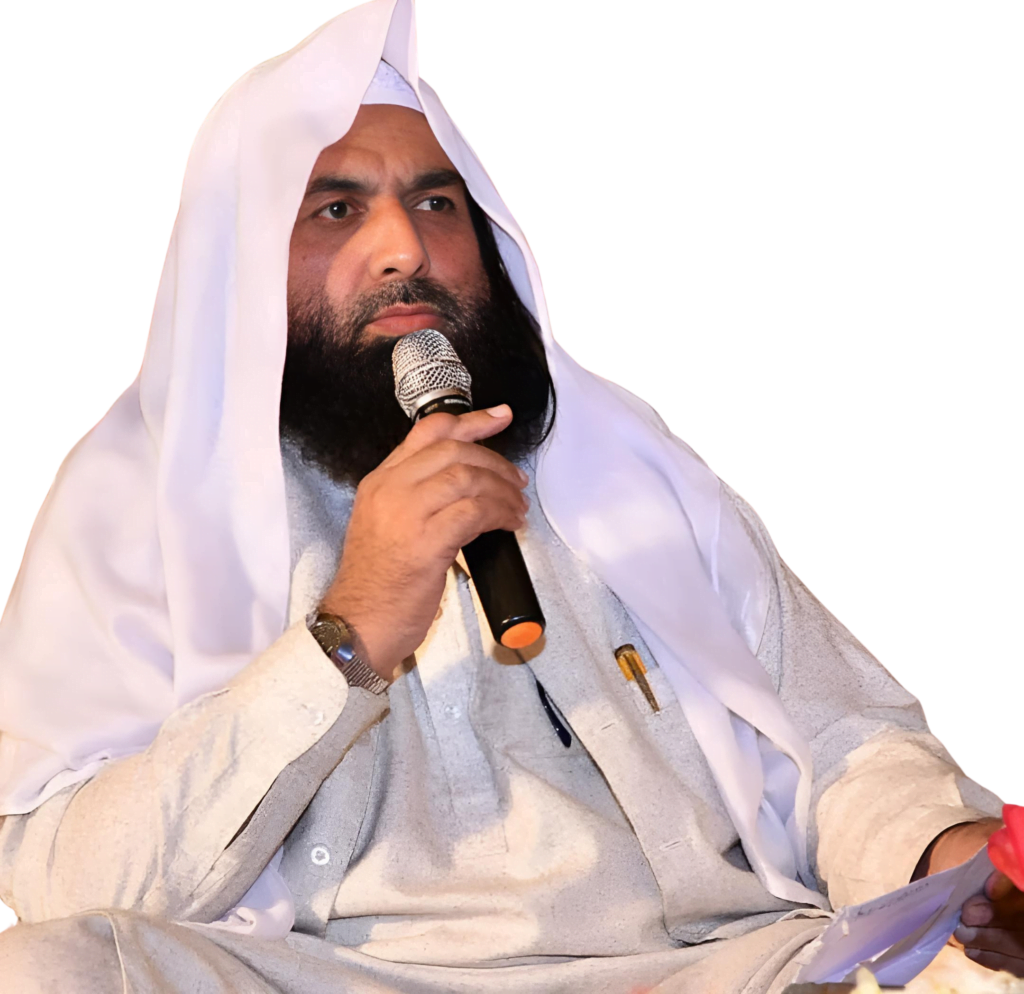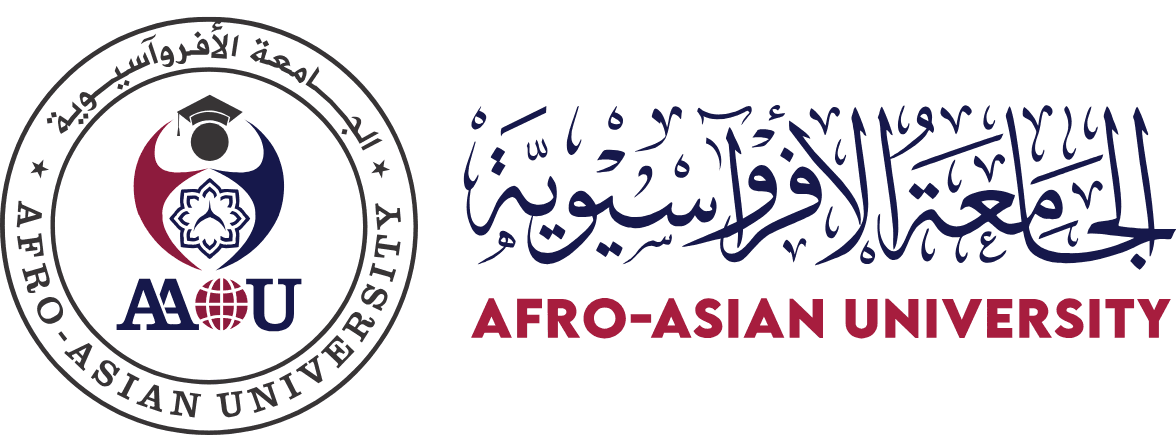Faculty of Islamic Studies

Dean’s Message
Assalamu Alaikum and welcome to the Faculty of Islamic Studies at Afro Asian University. Our faculty is dedicated to the pursuit of knowledge and understanding of Islam, its teachings, and its profound impact on the world. Through our comprehensive programs and courses in Islamic theology, jurisprudence, history, and spirituality, we aim to empower students with a deep and nuanced understanding of Islam and its relevance to contemporary issues. Our esteemed faculty members are committed to fostering an environment of academic excellence, spiritual growth, and community engagement. We invite you to join us on this enriching journey of discovery and exploration. Together, let us strive to uphold the principles of Islam and contribute positively to society. JazakAllahu Khairan.
Prof. Dr.Abdul Wahab Jan Al Azhari
dean.is@aau.edu.so
Departments
- About Faculty
- Vision and Mission
- Objectives
The Islamic Studies Faculty at Afro-Asian University (AAU) offers a comprehensive and dynamic learning environment for individuals seeking to deepen their understanding of Islam, its rich history, and its contemporary relevance. We believe in integrating traditional and modern approaches, fostering critical thinking, and equipping graduates with the necessary skills to navigate the complexities of the 21st century.
At the Faculty of Islamic Studies, our vision is to be a leading institution for Islamic scholarship, promoting understanding and harmony rooted in the principles of Islamic ethics and values. Our mission is to provide a comprehensive education in Islamic studies that encompasses rigorous academic inquiry, spiritual enrichment, and practical application. We are committed to equipping students with the knowledge, skills, and ethical foundation to engage with diverse perspectives and contribute positively to society.
Scholarly Excellence: To uphold the highest standards of scholarly excellence in the study of Islamic theology, jurisprudence, history, and related disciplines, ensuring rigorous academic inquiry, research, and teaching that is grounded in the Islamic tradition and informed by contemporary scholarship.
Preservation and Dissemination of Knowledge: To preserve, disseminate, and advance knowledge of Islam and its teachings, promoting a comprehensive understanding of the Quran, Hadith, Islamic law, theology, ethics, and spirituality, and fostering critical engagement with classical and contemporary Islamic thought.
Integration of Faith and Reason: To promote the integration of faith and reason in the study of Islam, encouraging critical thinking, intellectual inquiry, and reasoned interpretation of religious texts and teachings, while fostering a deep appreciation for the spiritual and moral dimensions of Islamic faith and practice.
Character Development: To cultivate moral and ethical character among students, faculty, and staff, instilling Islamic values such as compassion, integrity, humility, and social responsibility, and preparing graduates to be ethical leaders and agents of positive change in their communities.
Interfaith Dialogue and Understanding: To foster interfaith dialogue, mutual respect, and understanding among people of different religious and cultural backgrounds, promoting peaceful coexistence, cooperation, and collaboration in addressing shared global challenges and advancing the common good.
Community Engagement: To engage with local communities and contribute to their spiritual, educational, and socio-economic development through outreach initiatives, educational programs, and partnerships with religious institutions, non-profit organizations, and government agencies.
Global Citizenship: To nurture a sense of global citizenship among students, encouraging awareness of global issues, cultural diversity, and interconnectedness, and preparing graduates to be active participants in the global community, contributing positively to peace, justice, and sustainable development.
Lifelong Learning: To promote a commitment to lifelong learning and personal growth among students and alumni, providing opportunities for continuing education, professional development, and spiritual enrichment that deepen their understanding of Islam and enhance their ability to serve humanity with wisdom and compassion.
